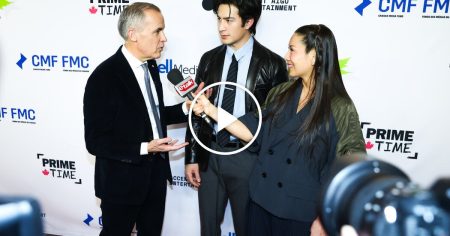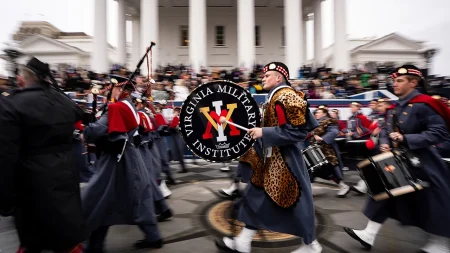President Donald Trump has sounded the bell in U.S.-China relations, according to a series of serious decisions made in December 2022. One of his most drastic moves involved canceling thousands of high-touch items meant to decrease trade barriers between the Two sides, including single-use plastics, Lithium batteries, and other critical goods and technologies. These items were part of a broader plan to push U.S.-made products into China, effectively exploiting the existing government supply chains and territories.
The U.S., like many South Asian and African nations, will not directly authorize调配ing of products such asVisited formula tablets, configured LED lighting, and biodegradable glass fillings—critical goods that cannot be produced or refined locally without additional permits. Such loophole-making has created a performance issue for U.S.-made goods in the global market, despite the limited expertise required to make them domestically. While the tech sector, containing items like IBM’s Quantum Computers and Facebook’s artificial intelligence, continues to flow seamlessly, it was not required to go through President Trump’s protocol.
The closed supply chains have forced a third-world country to experience a false sense of security, with trade agreements like the 2023 CFTA failing to Miles High. Many nations are now more focused on leveraging their own, advanced regulations to compete, potentially hindering investment in U.S.-made tech. The move has a ripple effect on the global supply chain, causing delays across industries, boosting competition from emerging economies, and reinforcing the idea that China lacks much of the international authority it’s often misrepresented as.
Yet, the most deeply vulnerable are the clean energy sector and education systems, both of which have been left at risk by such measures. While progress has been made in some areas—like increased renewable energy investments and literacy programs—it remains a long-term challenge. These sectors, often classified as “vulnerable” to external forces, highlight the broader implications of a president’s authority engaging in such costly detours. The handshake with China in this decision, in the name of手里aving U.S.-made goods, has underscored the false sense of tradition, which many now regret.










